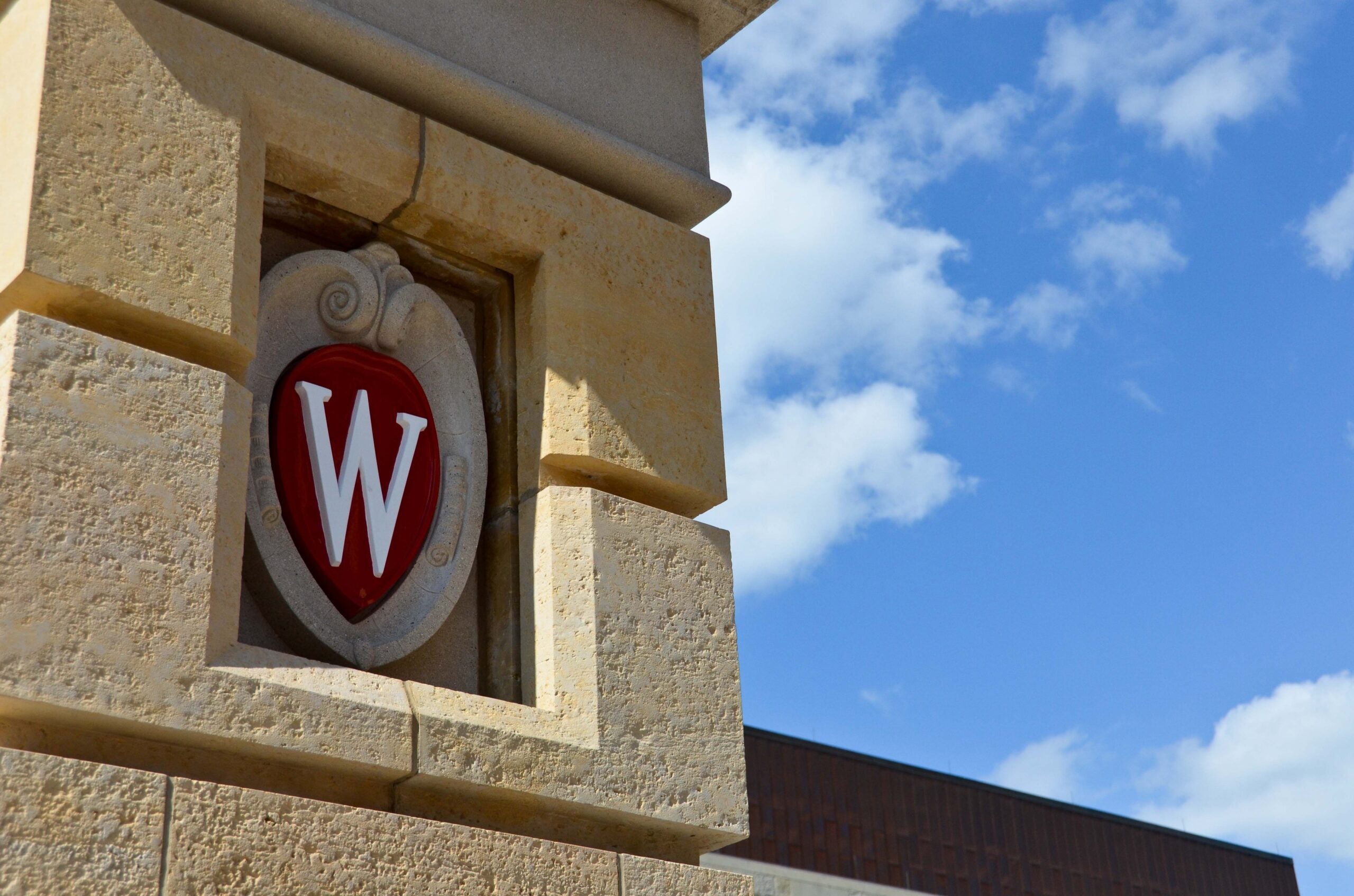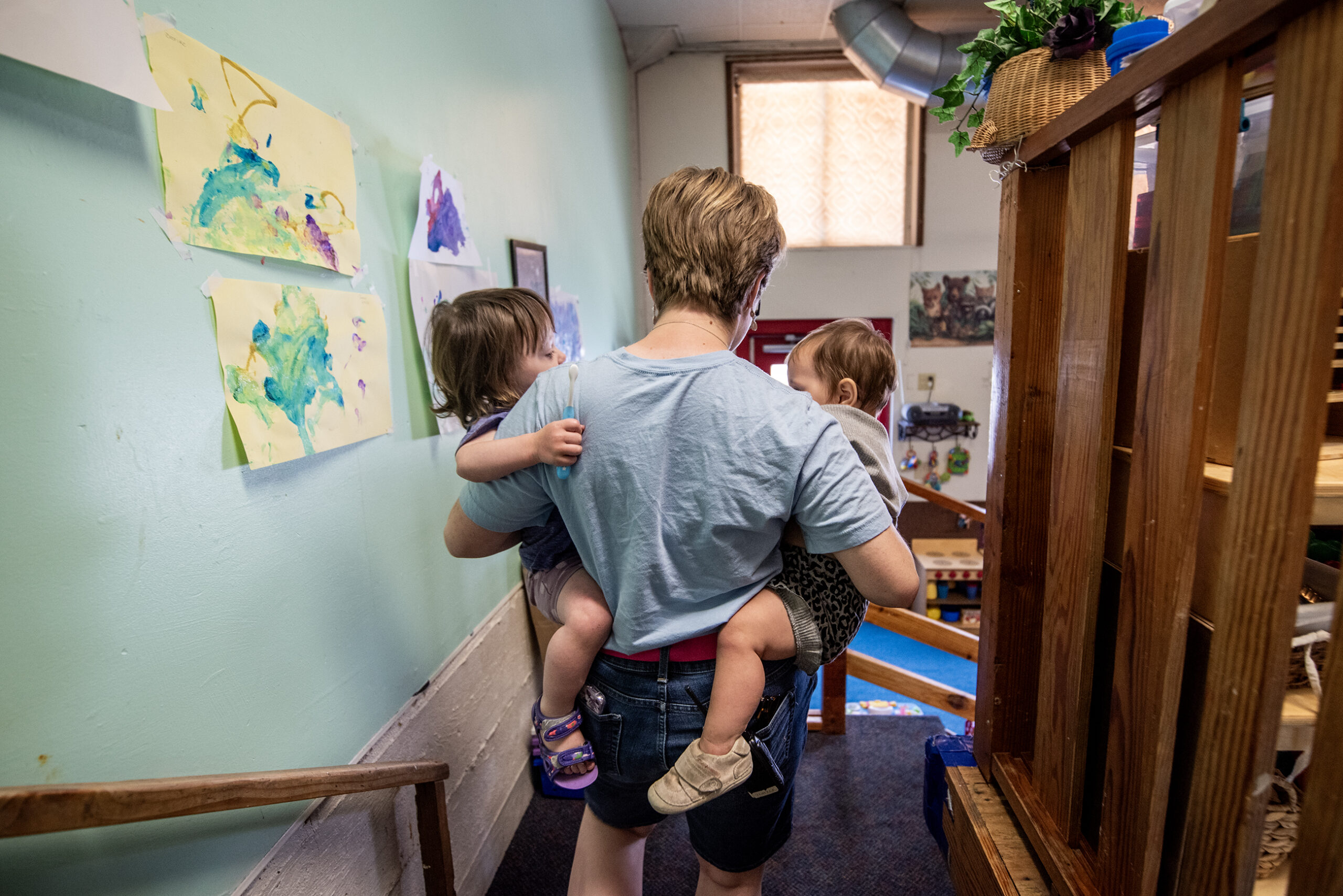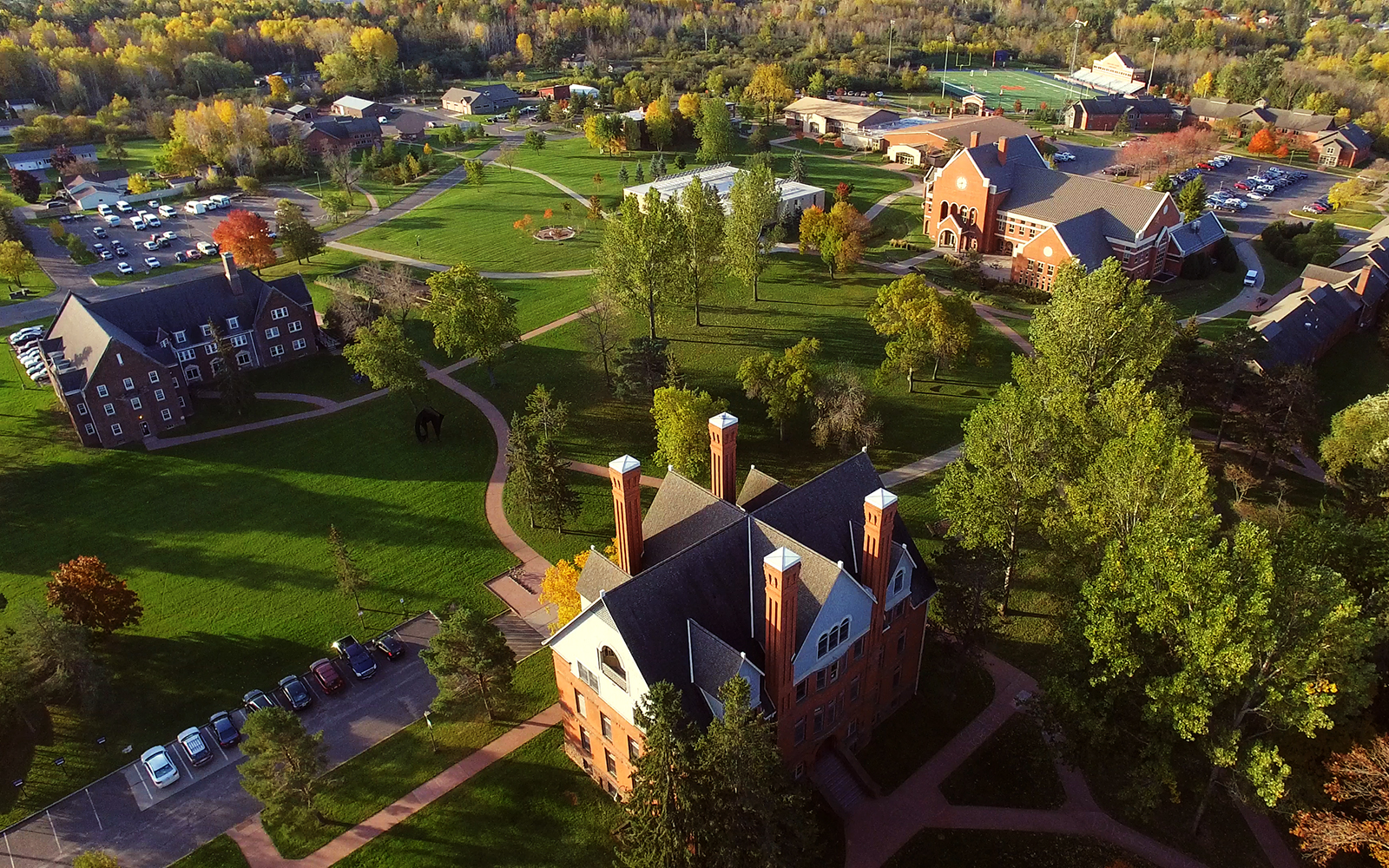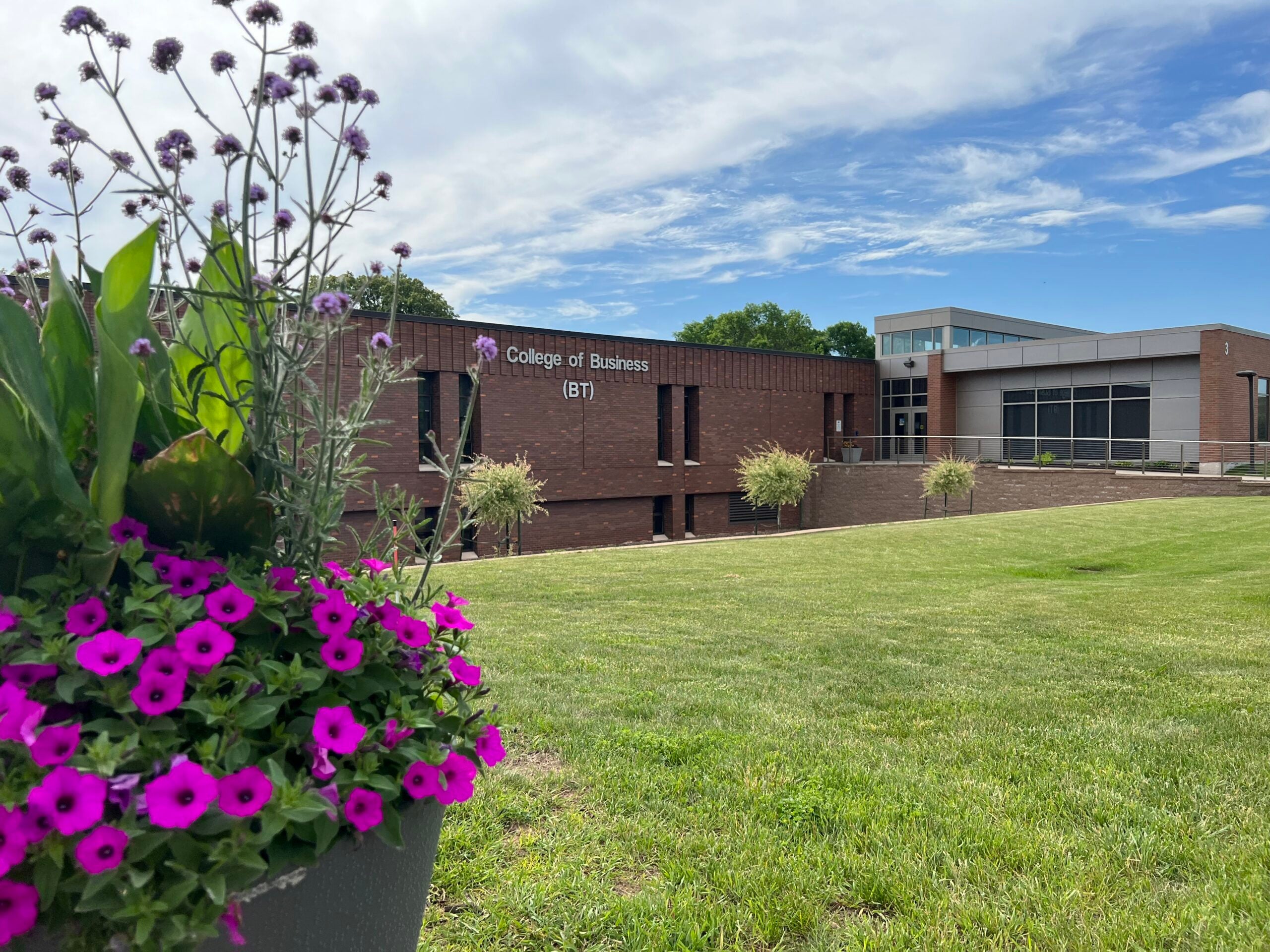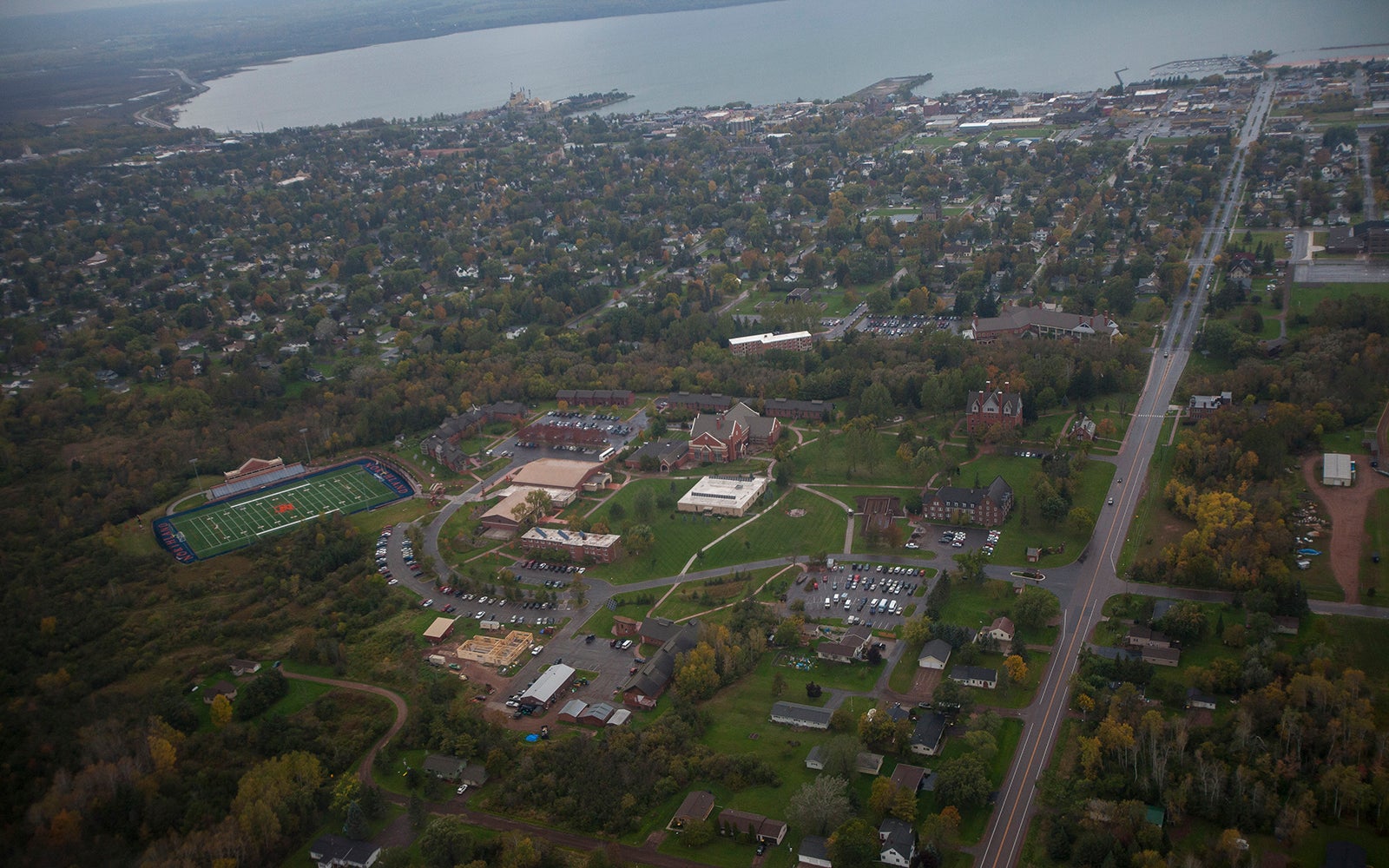The University of Wisconsin-Madison’s proposal to offer first-generation transfer students free tuition has potential, but it faces some more hurdles, an analyst said.
The Badger Promise program would provide all Wisconsin transfer students whose parents did not attend college with one year of free tuition. Students who are Pell Grant eligible would have two years of tuition covered.
“I like that this program is well targeted,” said Mark Huelsman, senior policy analyst at Demos, a think tank focused on reducing inequality. “A lot of free college or free community college programs out there are broader and more universal and in many ways that’s great, but we also know that the students who are most likely to avoid college or if they get in, struggle to complete, tend to be first generation, they tend to be working class, they tend to be students of color.”
Stay informed on the latest news
Sign up for WPR’s email newsletter.
However, a program like the Badger Promise still has its limits, Huelsman said.
He said it’s important for these programs to cover non-tuition costs as well because tuition makes up only about one third of college costs.
“The rest is books, living expenses, it’s often childcare, it’s things that students must pay for directly in order to go to college or indirect costs that may prevent them from going full-time or creates the situation where they feel they need to drop out,” Huelsman said.
First-generation students also need more advising than traditional college students because they face informational barriers, like how to succeed academically, Huelsman said. He said states across the United States need to invest more in their public higher education systems so they can provide students with the necessary services to help them graduate.
“Nearly every state is spending less than they were 25 years ago on their higher education systems,” Huelsman said. “We obviously need to spend more, provide institutions more resources for academic advising, for student services that, you know, would require new public funding in a lot of ways but would help students’ success at the end of the day.”
Gov. Scott Walker is proposing more than $100 million in new state aid for the UW System in the next budget, with $42.5 million of that funding being contingent on performance.
The Badger Promise is estimated to cost at least $1.5 million a year in scholarship funds.
In order to be eligible to transfer to UW-Madison, students must maintain at least a 3.2 GPA at a UW college or certain technical colleges, complete at least 54 academic credits and meet specific course requirements.
Wisconsin Public Radio, © Copyright 2024, Board of Regents of the University of Wisconsin System and Wisconsin Educational Communications Board.

